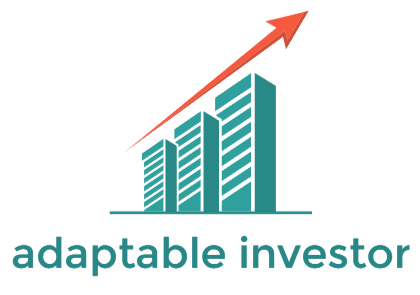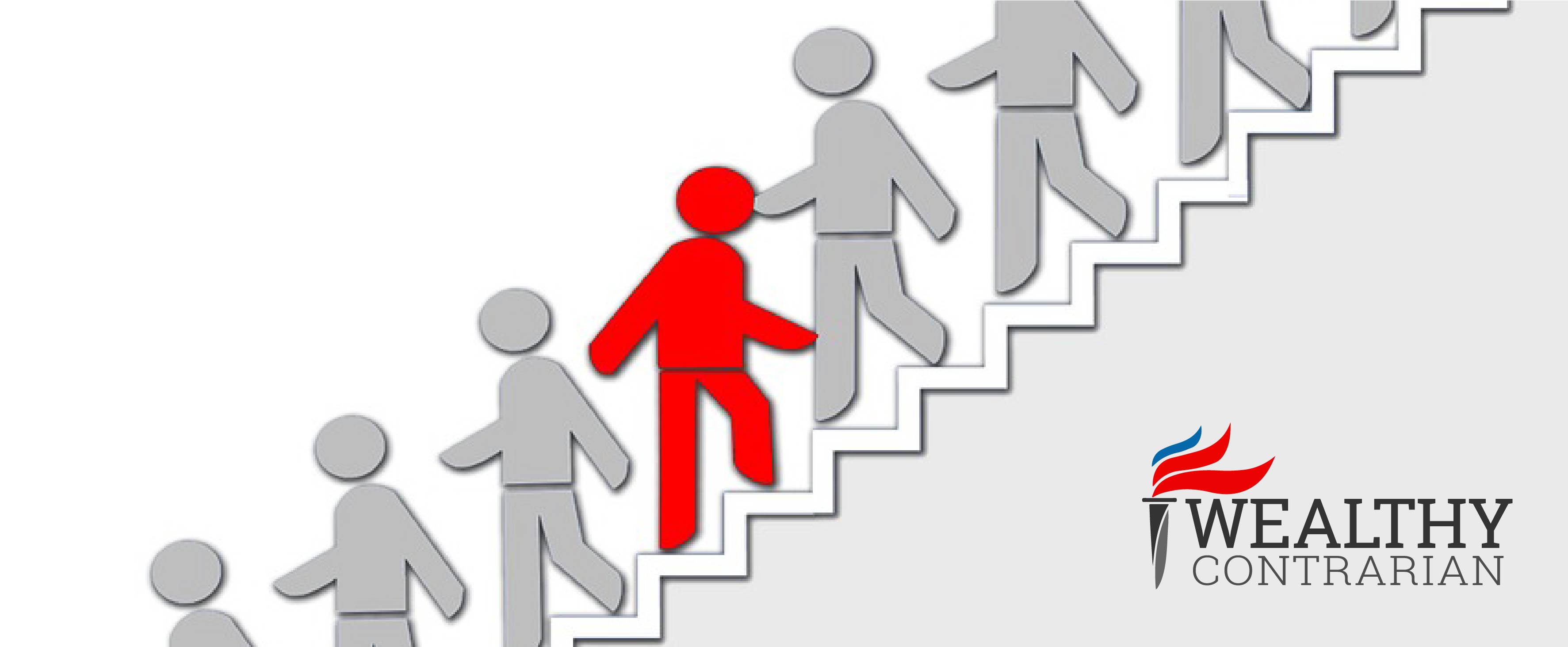Mistake #1: Not Tracking Your Spending
Easing into retirement requires an in-depth knowledge of your monthly cash flow and outflow. You need to know exactly how much money you have to live on so you can plan a monthly budget that ensures your money will last.
Unfortunately, the newly-retired tend to throw their budgets out the window – especially at first, says Clint Haynes, a Kansas City-based financial planner.
“One of the biggest issues I see newly retired individuals running into is not tracking their cash flow,” says Haynes. “It can be eye-opening to have budgeted $5,000 a month but to realize you’re spending $7,000 a month.”
Retirees who want to stay retired need to nip this situation in the bud, and that typically starts with a close look at their monthly income and expenditures.
Mistake #2: Obsessing Over Your Investment Portfolio
Most people dial down their investment risk as they approach retirement, but that doesn’t mean all their investments are risk-free. Unfortunately, too many new retirees get into the habit of obsessing over their accounts and stressing over market fluctuations. But this strategy can backfire big time, says San Diego-based financial advisor Taylor Schulte. Checking and re-checking your account balances can take a toll on your mental health.
“The most recent account balance might keep you up at night, or worse, influence you to make an emotional change to your investments,” says Schulte.
Ideally, you’d have a comprehensive retirement plan in place that gives you the best odds of not outliving your money, he says. But, you have to give that plan time to work!
“Instead of getting worked up over short-term movements, set aside time once or twice per year to review your plan and confirm you’re still on track,” says Schulte. “The rest of your year should be dedicated to enjoying life and the financial freedom you worked so hard to achieve.”
And, if you don’t have a comprehensive plan for retirement, you need to get one – stat. Look for a fee-only financial advisor that can help you craft a comprehensive money plan that makes sense.
Mistake #3: Filling Empty Time with ‘Stuff’
Martin A. Smith is a fee-only financial advisor who has seen many new retirees fill their newfound free time with a penchant for junk. This is a strange phenomenon, he says, since the goal of retirement should be downsizing and getting rid of stuff.
“If you have joined the ranks of the newly retired, for the love of your children who will have to clean out your garage, basement, or attic someday, please stop it!” says Smith.
Just because you have the free time to visit garage sales and estate sales doesn’t mean you should. If you can use your energy on a hobby that doesn’t lead to accumulating “stuff,” you’ll be a lot better off.
Mistake #4: Refusing to Downsize
Brian Hanks, financial planner and author of “How to Buy a Dental Practice,” says far too many of his clients stay in giant homes long after the kids have flown the nest. Their reasoning? They usually want extra room for guests and grandchildren who may come to visit, Hanks says.
Unfortunately, keeping up with a large home can be costly, especially when you’re living on a fixed income. Bigger homes carry bigger ongoing costs, from utility bills to upkeep and repairs to property taxes. And let’s not forget about the opportunity cost of never cashing out your biggest asset – your home.
As Hanks notes, downsizing is popular among retirees for good reason. With a smaller home, you’ll enjoy lower monthly expenses and fewer responsibilities and chores. And, when your family does pay a visit, you’ll have plenty of excess cash to put them up in a hotel.
Mistake #5: Withdrawing Retirement Funds for Home Remodeling Projects
You’ve worked hard to build a nest egg that will last your lifetime. But, now that you’re home, you’ve got your eye on a few big projects around the house. You’ve always wanted to remodel your old kitchen, after all. And you can’t wait to enjoy retirement on a new deck complete with the hot tub of your dreams.
According to Ty C. Hodges, a financial advisor in San Antonio, far too many new retirees spend their newfound free time dreaming up new ways to spend their money. Worse, they might be inclined to withdraw any “excess funds” from their retirement accounts to make their dreams come true.
This is always a mistake, says Hodges.
“Pulling cash from your retirement funds could leave you strapped for money later in life, at a time when medical bills are mounting and no additional money is coming in,” says Hodges. “Even if you feel comfortable pulling a certain amount from retirement accounts for a remodel, it’s easy to overspend.”
If you believe you have enough money to complete a big project without jeopardizing your retirement, then you should sit down with a financial planner for a second opinion.
Mistake #6: Being Far Too Conservative
While some people fail to dial down their risk as they prepare for retirement, others take the opposite approach – often to their own detriment. According to financial planner Dave Henderson of Integrity One Wealth Strategies, being too conservative with your investment portfolio can backfire big time.
“We all understand that many people become more risk averse as they age, especially when talking about their money,” says Henderson. “The issue is that, for a 65-year-old couple, there is a 25% chance that the surviving spouse will live to age 98, according to a recent Society of Actuaries study.”
When you calculate the wealth-eroding effects of inflation over a 30-year time frame, one of the greatest risks for retirees is loss of purchasing power in their later years.
“There will be ups and downs in the markets throughout retirement, but keeping an appropriate level of equities in the portfolio is the best way to allow retirees to keep pace with inflation and possibly leave a legacy for family,” says the advisor.
If you’re unsure whether your level of risk is overly risky, too conservative, or just right, sitting down with a fee-only financial planner is a smart move. A qualified professional can help you create a long-term plan with the right amount of potential risk and reward.

